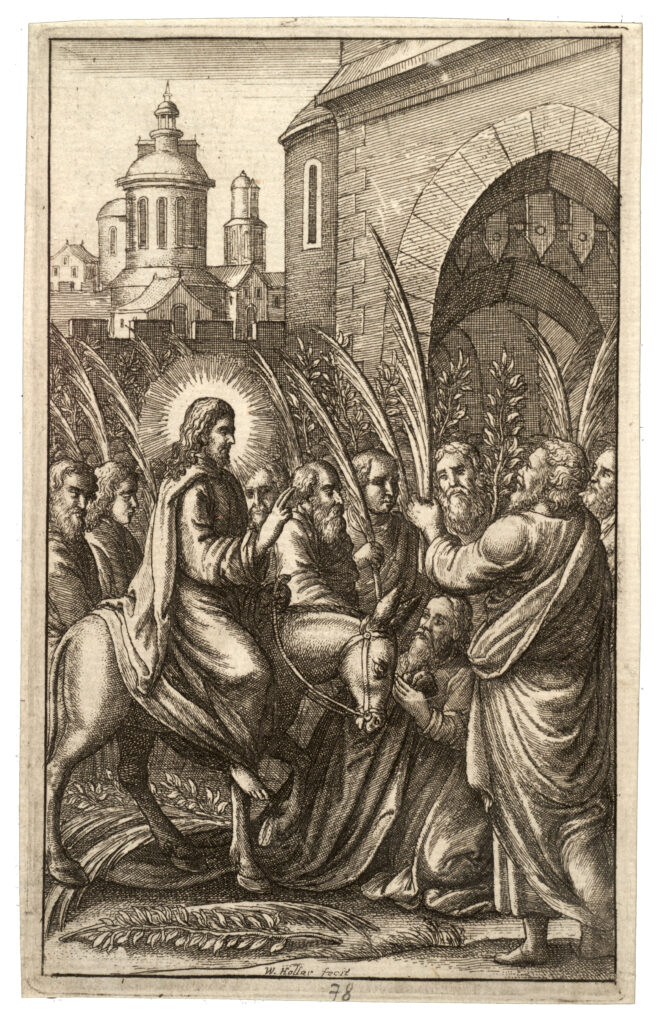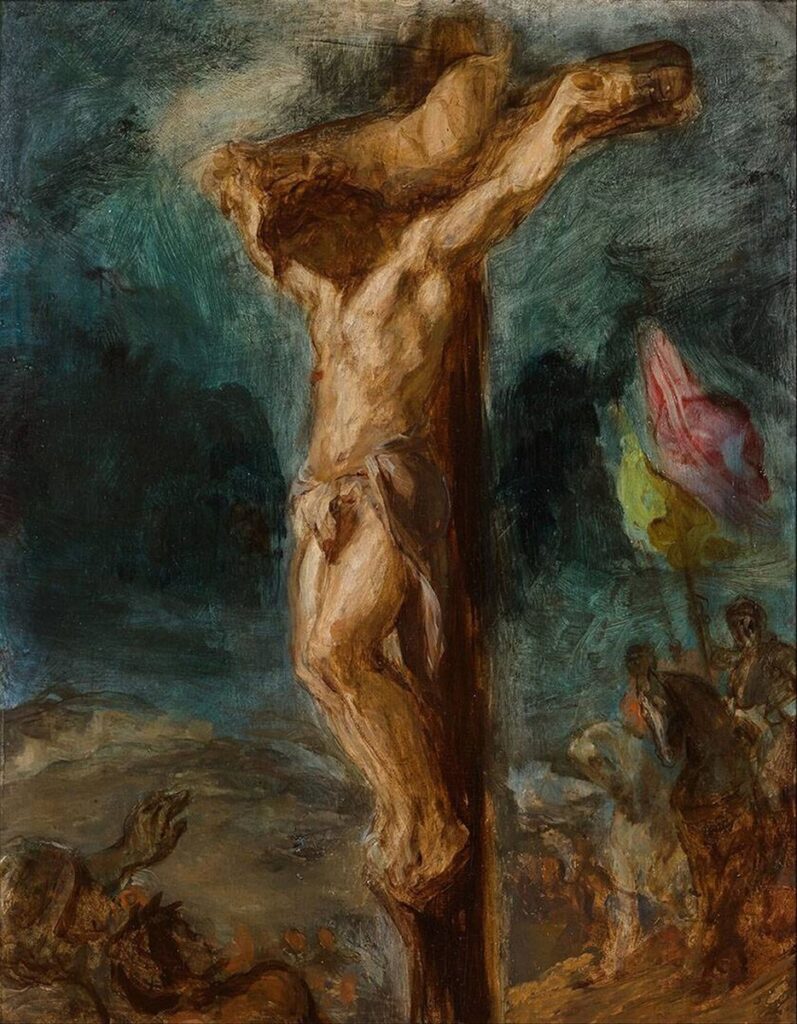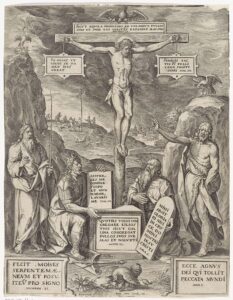As I write this, it is Tuesday evening of Holy Week – my day off landing smack dab in the quiet lull before the many liturgies to come. Here at Saint Mark parish, we had three Masses for Palm Sunday – the procession was at our principal Mass (10:30 am Sunday), but we also had simple processions at the Saturday vigil and 8:30 am Sunday Masses. Thanks to the many hands that go into our liturgical celebrations, our celebrations went without a hitch. The choir even had a lovely meditative piece at the conclusion of communion that captured well the joy and sorrow of the Passion we had heard earlier in the Mass – it was as beautiful as it was haunting.
As familiar as this week is, I nonetheless find myself at least a little (if not a lot!) overwhelmed both in the minutiae of each liturgy and the emotions they elicit. The gospels for Palm Sunday (from Mark, since we’re in Cycle B) had a couple of particular moments that stood out for me – I found myself unexpectedly empathizing with the owner of the colt Christ used to enter Jerusalem. While my irritation might (probably?) would have transformed to a sense of honor eventually, I couldn’t help but think of how frustrated I would be in his shoes! Similarly, I wondered about the owner of the upper room where the Last Supper was celebrated – what must have he thought when the disciples came and passed on Jesus’ words! Elizabeth Scalia, in a fictional imagining of that man & his family, paints a lovely picture of a loving family ready to share it for the Passover. I’m not certain I would be so welcoming of His request.
And this is the realization that has been coming to me as the Triduum approaches: how begrudgingly I allow the Lord to enter into my life, to re-take possession of the gifts He has entrusted to me. I know that He all-loving & good, yet I distrust and fear Him even as I desire to draw closer in relationship with Him. Despite my faith – and my priestly vocation – my heart is all-too-often afraid of what He might ask – or take, without asking! – of my life, of what I might lose from among all that I treasure.
Simcha Fisher wrote a reflection (“The temple Jesus purifies is the human heart“) and the last paragraph drives the whole thing home: Jesus’ work of purification can be summarized by the crucifixion. We are made whole by the wounds He takes on for us. He sees our suffering – suffering brought on by our sinful self-reliance – and takes it on Himself, so that we may suffer no more.
All that is left is to entrust our hearts – and their healing to Him. May we use these days well, taking time to walk the familiar way of the cross, renewing our invitation to Him to accomplish His work in us, that we make make a gift of our very selves.


